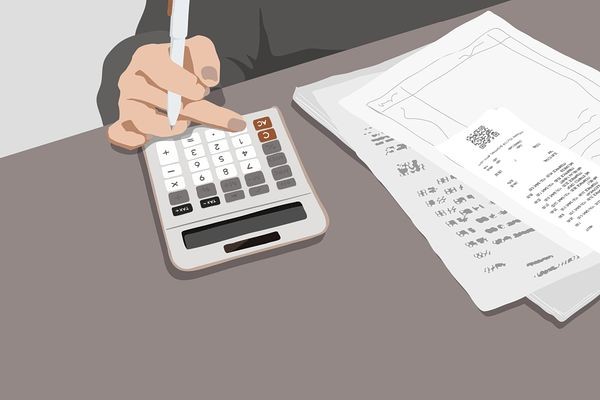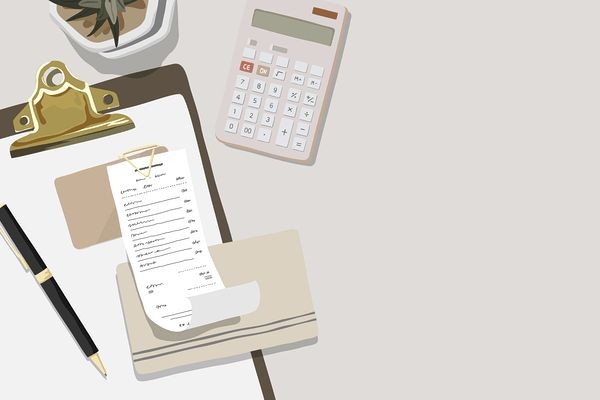A budget serves as a powerful tool for young adults to take control of their finances, make informed decisions, and work towards achieving their short-term and long-term financial goals. It lays the groundwork for a more secure and stable financial future.
What is a budget?
A budget is a financial plan that outlines estimated income and expenses over a specific period of time, typically on a monthly or yearly basis. The goal of a budget is to ensure that spending aligns with financial goals and that there is enough money to cover essential expenses while also saving for the future or achieving specific objectives.

How does a budget impact the foundation of your personal finances as a young adult?
A budget plays a crucial role in establishing a strong foundation for personal finances as a young adult in several ways:

- Financial Awareness: Creating a budget forces you to take a close look at your income and expenses. It helps you understand where your money is coming from and where it’s going. This awareness is essential for making informed financial decisions.
- Prioritizing Spending: A budget helps you prioritize your spending based on your needs and goals. It allows you to allocate money to essential expenses like housing, food and transportation.
- Avoiding Debt and Building Savings: By carefully planning your spending, you can allocate a portion of your income towards saving and paying off debts. This can prevent you from accumulating high-interest debt and help you build an emergency fund or save for future goals.
- Setting Financial Goals: A budget enables you to set specific financial goals, whether it’s saving to going on a vacation, or paying off student loans. It provides a roadmap for how to allocate your resources to achieve these objectives.
- Managing Cash Flow: With a budget, you can ensure that you have enough money to cover your monthly expenses without relying on credit cards or loans. This helps maintain stable cash flow and prevents financial stress.
- Adapting to Life Changes: As a young adult, your financial situation may change frequently due to factors like job changes, moving, or unexpected expenses. A budget allows you to adapt to these changes by adjusting your spending and savings priorities.
- Building Financial Discipline: Following a budget requires discipline and self-control. It encourages responsible spending habits and discourages impulsive purchases, which can lead to financial instability.
how to go about building that strong financial foundation using a budget?
Building a strong financial foundation using a budget involves several steps. Here’s a guide to help you get started:
- Determine Your Financial Goals: Identify short-term (e.g., emergency fund), medium-term (e.g., buying a car), and long-term goals (e.g., retirement).
Assign specific amounts and timelines to each goal. - Track your income: Calculate your total monthly income, including salary and other sources of income such as freelance income, rental income, etc.
- List your expenses: Categorize your expenses into fixed (e.g., rent, utilities) and variable (e.g., groceries, entertainment). Include all essential expenses as well as non-essential expenses.
- Differentiate between needs and wants: Distinguish between essential expenses (needs) and non-essential expenses (wants). Prioritize needs and allocate funds accordingly.
- Create a budget: Allocate specific amounts to each expense category based on your income and priorities. Ensure that your total expenses do not exceed your total income.
- Emergency Fund:
Allocate a portion of your budget towards building an emergency fund. Aim for 3-6 months’ worth of living expenses. An emergency funds serves to ensure that you stay afloat when unexpected expenses arise hence why building one is essential. - Savings and Investments:
Allocate funds towards savings and investments based on your financial goals. - Debt Management: Allocate a portion of your budget towards paying off any existing debts, especially high-interest debts like credit cards.
- Regularly review and adjust: Track your actual spending against your budget regularly (e.g., monthly). A budget caters to your needs, so make sure it is flexible enough to make adjustments as needed to stay on track and accommodate changes in income or expenses.
- Stay disciplined and consistent. Stick to your budget and financial plan, even when faced with temptations or unexpected expenses. Do this by practicing discipline in your spending habits.
- Celebrate Milestones: Acknowledge and celebrate your financial achievements, whether it’s reaching a savings goal or paying off a debt. This helps you stay motivated to stick to a budget.

Remember, building a strong financial foundation takes time and effort. Be patient with yourself, and adjust your budget as needed to align with your evolving financial situation and goals.



